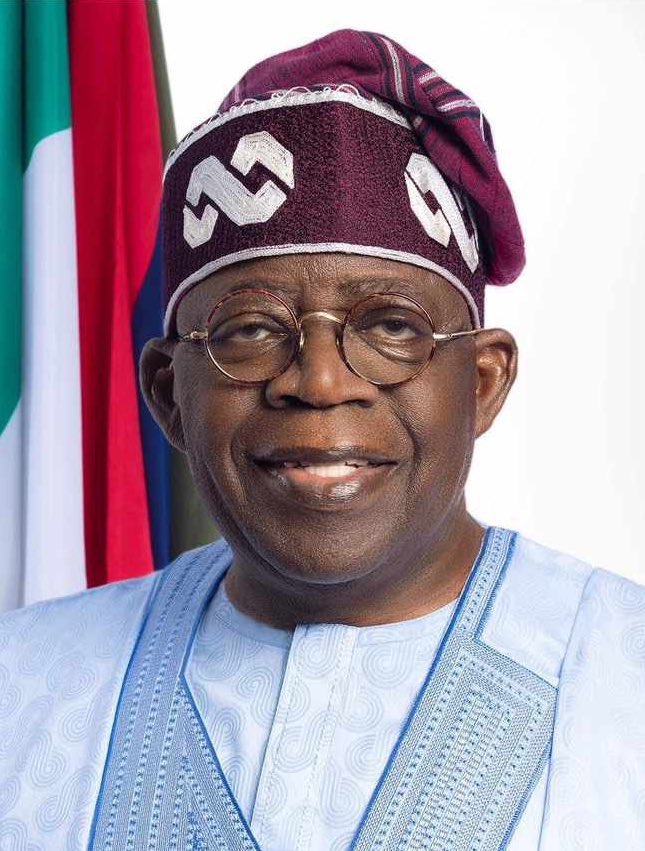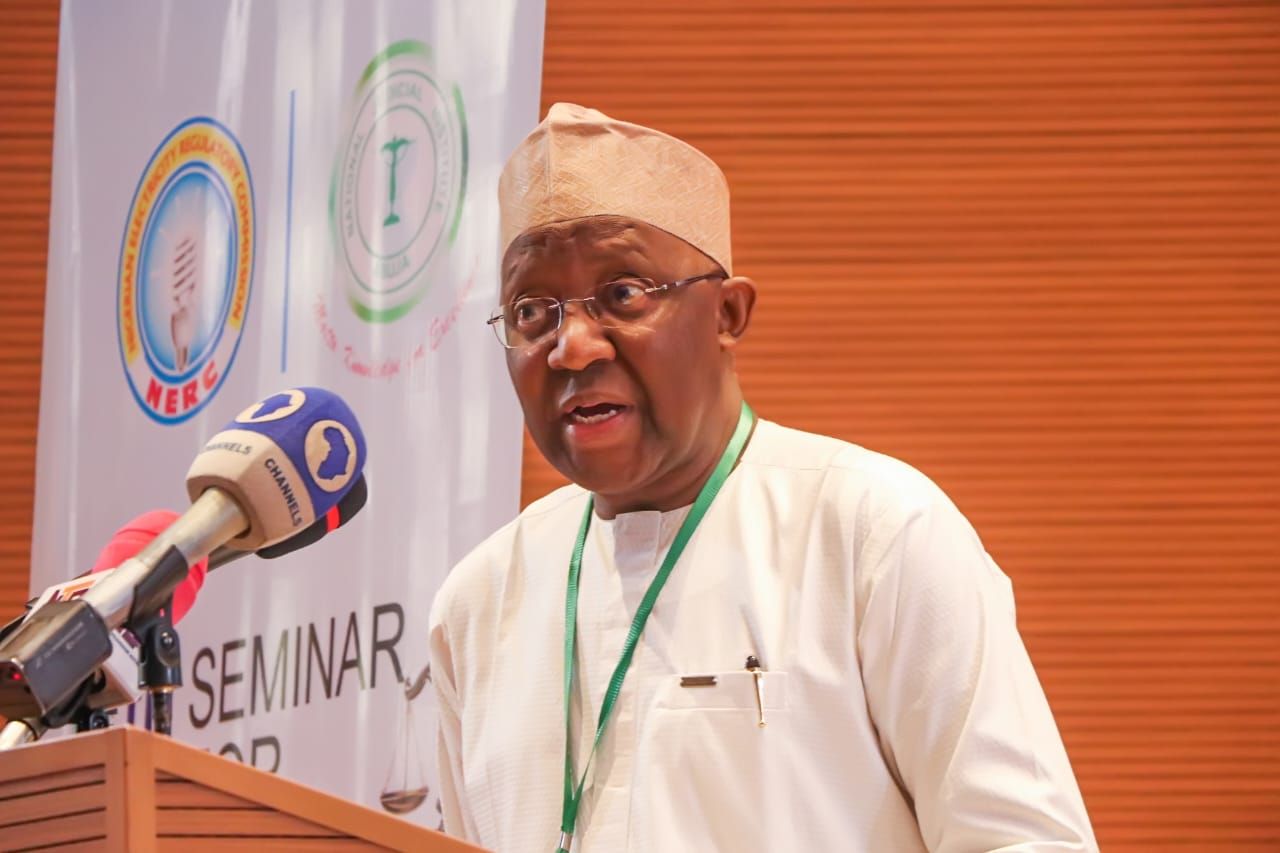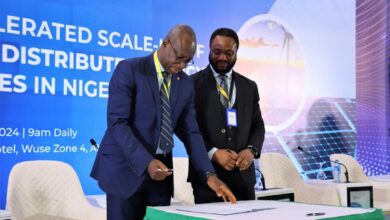EDITORIAL: Power Sector In Dire Need Of Reorganisation And Recapitalisation

On October 30, 2023, the “Crème de la crème” in the Nigerian Power Sector converged on Abuja, the nation’s capital to assess the performance of the sector after ten (10) years of privatisation.
They were to also determine a way forward for a privatised Nigerian Electricity Supply Industry (NESI), consistent with the aspirations and objectives of the National Electricity Power Policy, 2001 (NEPP).
The inaugural NESI Market Participants and Stakeholders Roundtable (NMPSR), 2023, with the theme: “NESI privatisation and its 10-year milestone: The Journey So Far, Opportunities and Prospects,” looked at the regulatory and policy ecosystem, with a particular emphasis on the Electricity Act, 2023.
Recall, the privatisation of the NESI, which took place in 2013 marked a historic turning point in Nigeria’s energy sector, transitioning it from the era of the Power Holding Company of Nigeria (PHCN) to a system of private investor ownership and participation.
However, industry experts said, the progress in NESI, post privatisation has not fully met the lofty expectations outlined in the NEPP, the Electric Power Sector Reform Act, 2005 (EPSRA) now Electricity Act 2023, and the Road Map for Power Sector Reform, 2010.
Consequently, the operators and other stakeholders of NESI assessed the evolution of the privatisation, areas of constraint, and determined a roadmap that would provide the pathway for the progress that is currently impeded by various factors.
The event had eight plenary sessions which encompass the various segments of the NESI viz: Power Generation; Gas to power; Power Distribution, Transmission, Metering and Customer Centricity, Renewable Energy, Climate Change, Access to Finance, Liquidity, and Recapitalisation.
At the end of the Conference, President Bola Tinubu and other industry stakeholders concluded that 10 years on, the objectives of the nation’s power privatisation have not been met as about 90 million Nigerians are still wallowing in darkness due to lack of access to grid electricity.
Tinubu, in particular, noted that the key objectives of the privatisation effort were to improve the efficiency of the power sector, unlock private sector investments, and unleash the potential of the nation through an energised economy, but were not met.
He said that the sector has suffered from chronic underinvestment, especially in transmission and distribution. Many of the successor utilities of the PHCN have failed to meet their performance improvement targets due to technical and financial capacity issues.
Tinubu said, “preliminary analysis shows that DISCOS today are under-capitalized to the tune of close to NGN 2 trillion. We must facilitate a reorganisation and a recapitalisation process that brings in new partners and new capital to jumpstart performance in this critical section of the value chain”.
We regret that things have come to this sorry state, necessitating reorganisation and recapitalisation of the sector after just 10 years of privatisation.
While we also join the call for the reorganisation and recapitalisation of the sector, we must not fail to draw attention to all the factors that led to the failure of the Privatisation in Nigeria, so as not to turn the sector into a capital-draining pipe.






